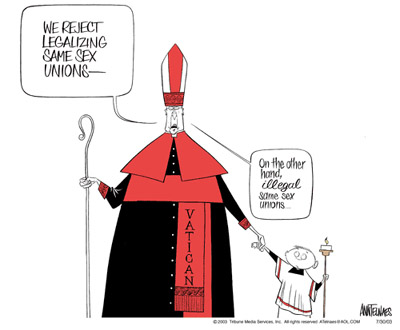Yes Av, but only part of us is conscious as well, but it's enough for us to consider ourselves as conscious entities. It all depends how you see the universe. Is it just a big room with lots (or not much) going on in it, where we happen to live - or is the quantum reality of a continuous frothing grainy bubble of interconnected force and matter fields the case, in which case our conciousness [or conciuosness's] can be seen as a more intigrated property of the whole.
I have now finished reading the book
A Beautiful Question by Frank Wilczek. Wilczek, a Nobel Lauriate for his work in the field of quantum theory [specifically in the area of supersymmetry I believe], began his work with the simply phrased question
"Does the world embody beautiful ideas?". Ho observed immediately after posing the question, it's close relationship to the question
"Is the world a work of art?".
After a deep forray into the twin theories of General Relativity and Quantum Mechanics/Electrodynamics, he has come to the final conclusion that the answer to the question [or in it's first form at least] is a resounding "Yes!" [By implication though he does not overtly state it as so, the answer to the second question would be yes also]. He concludes with a chapter entitled
A Beautiful Answer?, the question mark of which I find slightly incongruous in relation to the certainty he has expressed on multiple occasions within the text [perhaps it refers more to the next observations I'm about to relate]. He, like Nils Bohr, feels that the concept of 'complementarity' should be used with a much broader brush in it's power to engage apparent contradictions, and in his final chapter he uses examples to illustrate the liberating value of this approach. Here are some of them.
Nb. He starts the section with these fine words of Walt Whitman in order to set the tone,
Do I contradict myself?
Very well then, I contradict myself.
I am large. I contain multitudes.
Once recognised, complentarity is a wisdom we rediscover and confirm, both in the physical world and beyond. It is a wisdom I embrace and recomend to you. Here are some examples.
Reduction and Abundance
The basic building blocks of nature are few and profoundly simple, their properties fully specified by equations of high-symmetry. The world of objects is vast, infinitely various and inexhaustable.
One World, and Many
Individual brains are the ultimate repositories of human thought, and they fit comfortably within individual skulls, within individual bodies here on Earth. Most people, most of the time are concerned with events that occur in a small region around the surface of Earth. It is where great wars, great art, great lives, all of human history is played out. Viewed from even near-afar, Earth is merely a tiny spec of reflected light.
Object and Person
I am, and you are, a collection of quarks, gluons, electrons and photons. I am, and you are, a thinking person.
Determined and Free
We are material objects subject to the laws of physics. We are capable of making choices and we are responsible for them.
Transient and eternal
The state of the world is in flux and every object within it is subject to change. Concepts live outside of time and, because All Things Are Number [sic], liberate us from it.
He then says that the "great and fruitful principle of symmetry, 'Change without Change'" can be fully embodied "as Parmenides paradoxically insisted",
One story, one road, now
is left; that it is. And on this there are signs
in plenty, that being, it is ungenerated and indestructible,
whole, of one kind, and unwavering, and complete.
Wilczek is listed in his Wikipedia entry as agnostic.




